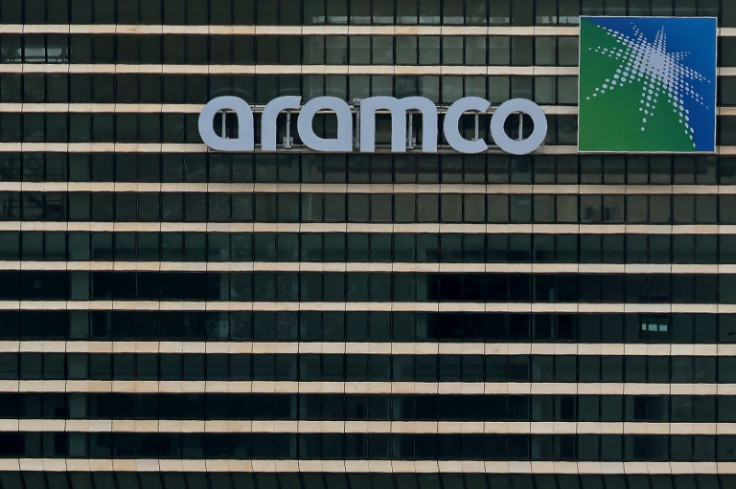Aramco's Strategic Shift: Islamic Bond Filing Hints at Fresh Capital Moves
After raising $5bn, Saudi oil giant Aramco preps for more—navigating falling cash flows, state pressure, and global expansion.

Saudi oil giant Aramco may be poised to tap the debt markets again, after filing a fresh prospectus for its sukuk (Islamic bond) programme with the London Stock Exchange.
The 30 May dated document allows the company to issue sukuk over a 12-month period, just days after it raised $5 billion (£3.7 billion) through a three-part conventional bond sale.
While the timing does not confirm immediate action, it sends a clear signal: Aramco is keeping its financing options open amid shifting economic and political headwinds.
The renewed sukuk facility provides a flexible mechanism to raise additional funds if needed, particularly as the company navigates rising demands on capital and persistent volatility in oil markets.
'Aramco is likely looking to take advantage of a window of relative market calm to issue debt again', said Zeina Rizk, co-head of fixed income at Amwal Capital Partners.
The mega oil firm has been under increasing pressure to juggle financial discipline with national expectations. In March, Aramco announced plans to slash its dividend by nearly a third, citing a drop in profits and free cash flow. The move surprised some analysts, as dividends have long served as a key conduit for funnelling revenue into the Saudi state. Alongside royalties and corporate taxes, these payouts form a vital part of Riyadh's fiscal machinery.
Indeed, oil receipts comprised 62% of the Kingdom's total revenue in 2023 , making Aramco not just a corporate entity but the financial spine of Saudi Arabia's public spending agenda. The dividend cut, while fiscally prudent, underscores the growing tension between shareholder returns, state expectations, and the company's need to preserve liquidity.
Adding to this dynamic is Aramco's ambition to grow beyond its domestic remit. Reuters recently reported that the company is exploring asset sales to free up capital, potentially to fund international expansion and maintain momentum in its diversification strategy.
From petrochemicals to LNG, Aramco is actively positioning itself for a more integrated global footprint—an effort that requires sustained and flexible funding.
In that light, the sukuk programme offers multiple strategic advantages. It allows Aramco to raise capital in a Sharia-compliant format—a draw for investors in the Gulf and Southeast Asia—and enhances the company's reputation for financial innovation. Islamic finance instruments have been gaining traction globally, and Aramco's return to the sukuk space may help broaden its investor base while signalling fiscal strength.
Analysts say the company is carefully calibrating its funding roadmap. Its ability to raise $5 billion (£3.7 billion) last week suggests that the investor appetite remains strong. The quiet filing of the sukuk prospectus may be less about urgency and more about readiness—a financial option to activate, should market conditions turn favourable or domestic needs intensify.
For now, investors will be watching closely. With a 12-month window to act and the backdrop of falling oil prices and shifting state dynamics, Aramco's next move could offer critical insight into its balance sheet and Saudi Arabia's evolving economic playbook.
© Copyright IBTimes 2025. All rights reserved.





















